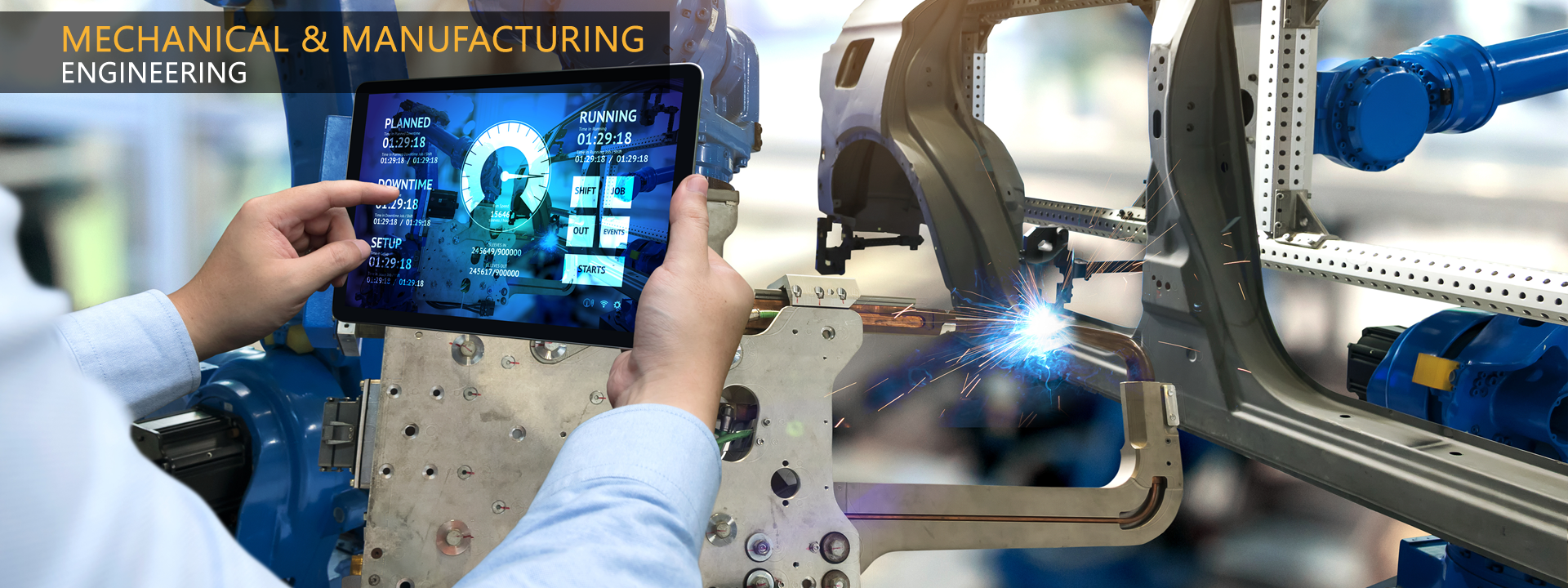- Home >
- Mechanical Engineering
- > Mission and Objectives
Mission and Objectives
Mission
The Department is committed to providing the students with a dynamic academic and professional foundation enabling them to shape the future advancement of knowledge in the areas of mechanical and manufacturing engineering and to contribute to the economic growth and well-being of humanity.
Program Educational Objectives
The graduates of Tennessee State University Mechanical Engineering Program are expected to attain the following attributes within four to six years after their graduation:
- Establish a proven record of successful engineering accomplishments and be prepared to assume responsible leadership positions to serve industries, or government agencies or embark on entrepreneurship
- Demonstrate understanding of global engineering practices and the need for life-long learning by making progress toward professional development: industrial training, achieving an advanced degree or certification in engineering or related field
These Program Educational Objectives are developed and are periodically reviewed by the following three program constituents:
- Mechanical Engineering faculty members
- Departmental Student Leadership Committee members
- Departmental Industrial Advisory Board members
Student Outcomes
Graduates of Mechanical Engineering Programs can demonstrate that they have:
- An ability to identify, formulate, and solve complex engineering problems by applying principles of engineering, science, and mathematics.
- An ability to apply engineering design to produce solutions that meet specified needs with consideration of public health, safety, and welfare, as well as global, cultural, social, environmental, and economic factors.
- An ability to communicate effectively with a range of audiences.
- An ability to recognize ethical and professional responsibilities in engineering situations and make informed judgments, which must consider the impact of engineering solutions in global, economic, environmental, and societal contexts.
- An ability to function effectively on a team whose members together provide leadership, create a collaborative and inclusive environment, establish goals, plan tasks, and meet objectives.
- An ability to develop and conduct appropriate experimentation, analyze and interpret data, and use engineering judgment to draw conclusions.
- An ability to acquire and apply new knowledge as needed, using appropriate learning strategies.


